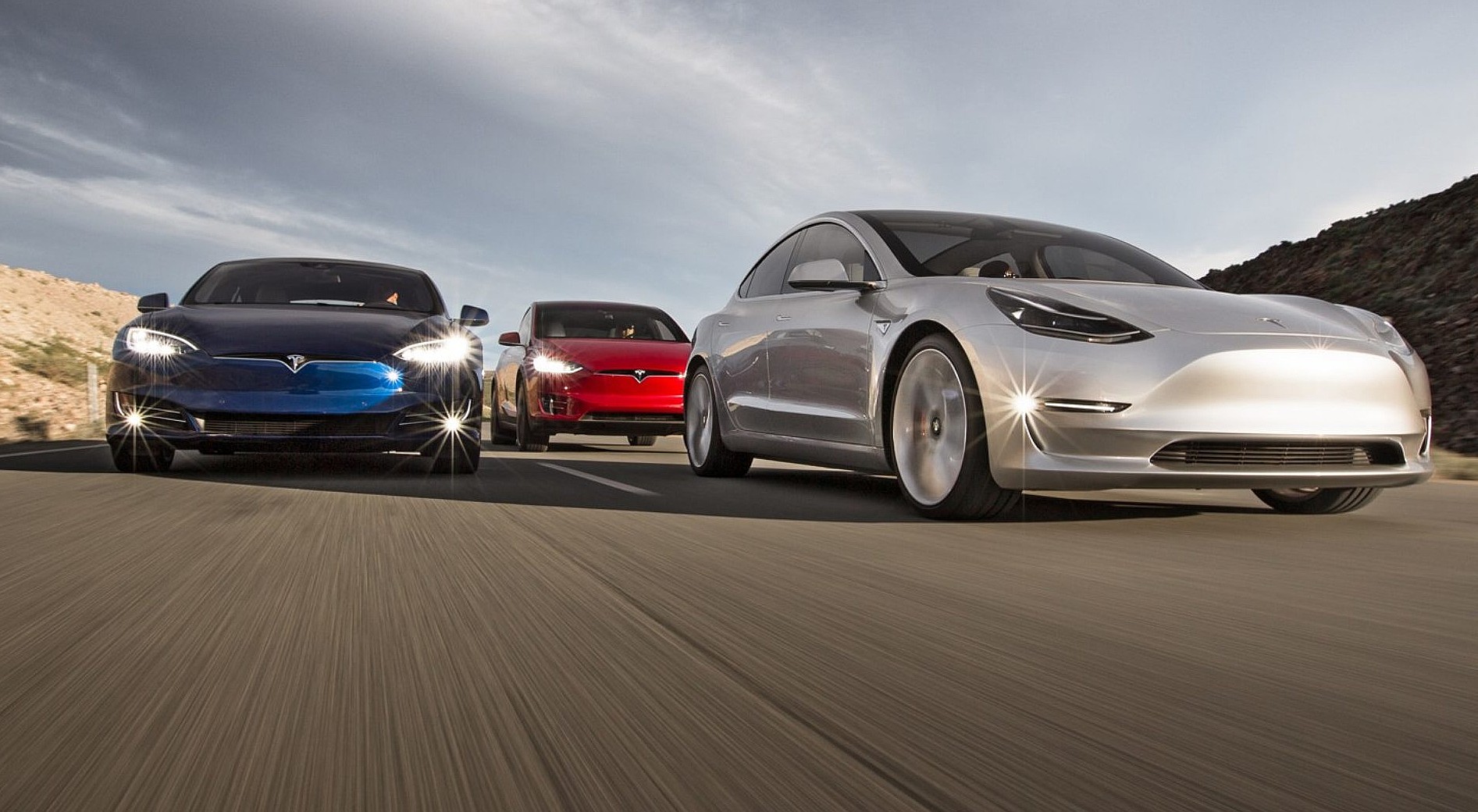
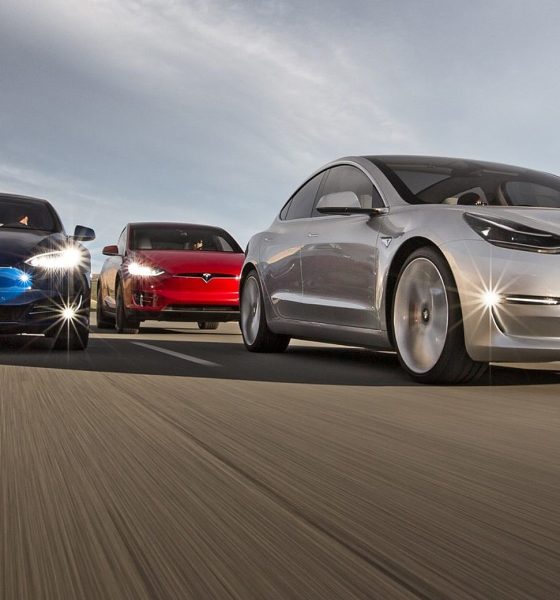
News
Tesla Model S, 3, X among ‘Top 10 American-Made’ vehicles in Cars.com list
Tesla’s Model S, Model 3, and Model X broke into Cars.com’s “Top 10 American-Made Index” list, taking three out of ten places in the motoring resource’s rankings. This was quite a debut for Tesla, as this year marks the first year that the Silicon Valley-based automaker made its first appearance in Cars.com’s rankings.
The annual survey ranks new vehicles that “contribute most to the U.S. economy” through U.S.-based factory jobs, manufacturing plants, and parts sourcing. Frequently, American automakers like Ford and Chevrolet dominate the list due to their mass-market pickups. Other popular manufacturers, like Honda, for example, have become listed more frequently in the last few years of the rankings.
Tesla, with its growing popularity and expanding fleet of mass-market vehicles, cracked the Top 10 for the first time. However, it was not just the ultra-popular Model 3 that appeared. The flagship Tesla Model S and Model X made the list as well, tying Honda for the most number of vehicles in the 2020 Top 10 rankings, USA Today reports.
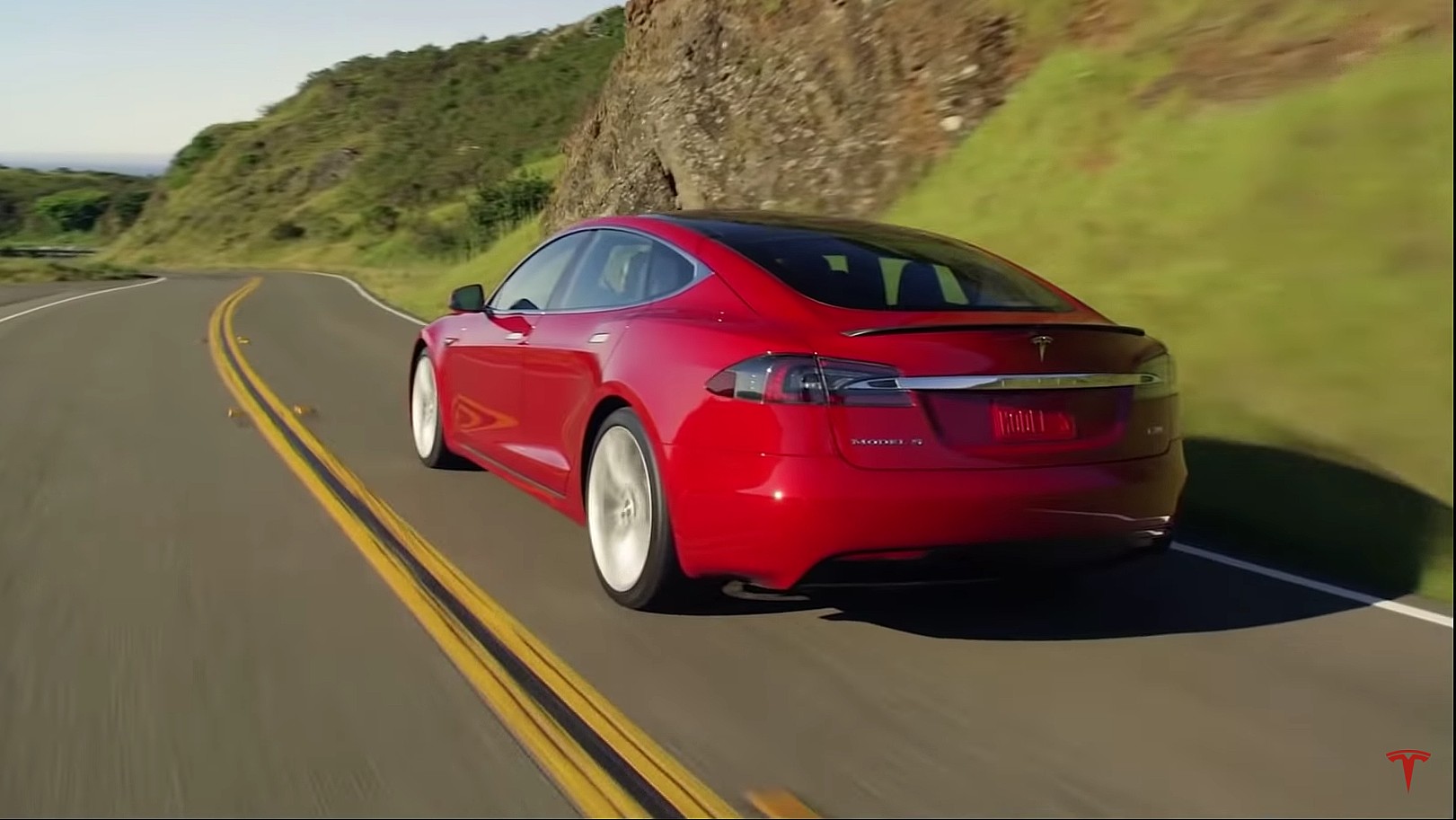
The Tesla Model S, Model 3, and Model X finished third, fourth, and ninth, respectively, in the rankings. The Ford Ranger, a product of Wayne, Michigan, and the Jeep Cherokee, made in Belvidere, Illinois, edged out Tesla’s flagship sedan, which is built in Fremont, California.
According to Cars.com’s senior consumer affairs and vehicle evaluations editor Kelsey Mays, Tesla made the list this year because it was the first time the automaker supplied the appropriate information to qualify its vehicles for the rankings.
Mays added, “Tesla is the only automaker on the list to built 100% of the cars in America that it sells here.”
Cars.com told Teslarati that Tesla’s identification with Americans has grown considerably since last year. According to a survey that the automotive resource conducted, only 10% of American car buyers recognized Tesla as a “California-made” vehicle in 2019. About 18% of respondents now identify Tesla as a California-based company. However, only half of the survey’s total respondents knew that Tesla was American, and only a third of those who participated thought the Model S was built within the United States.
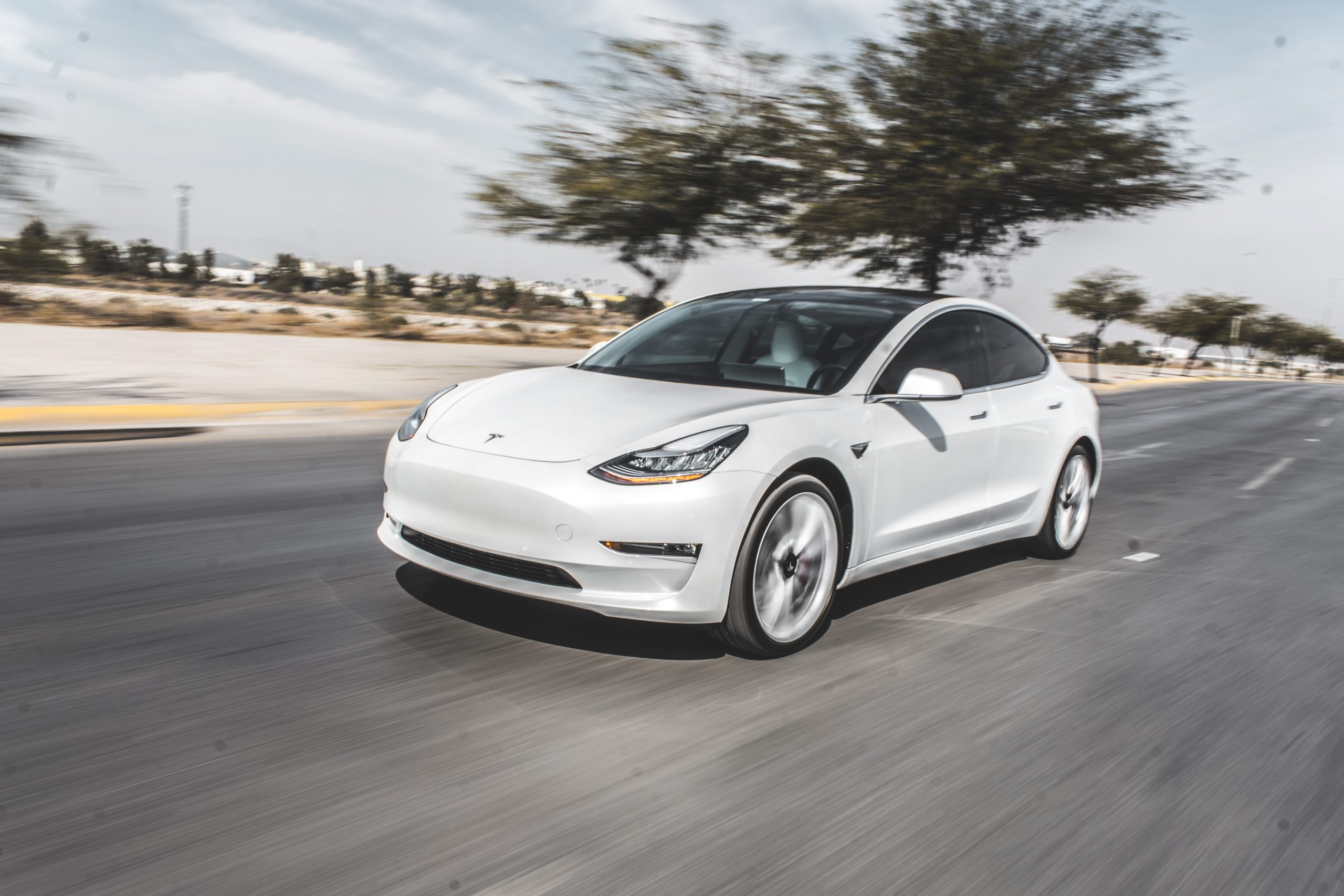
Mays indicated that where a car is produced is becoming a more important factor to consumers, and Cars.com created the list to highlight what vehicles are manufactured within the United States. The impact of COVID-19 on the American economy has contributed to that, and American car buyers are more focused on buying locally to support the automotive sector, which employs 9.9 million people, according to AutoAlliance.org.
“We live in a global economy, but Cars.com’s research found 70% of American shoppers consider a car’s U.S. economic impact a significant or deciding factor in their vehicle purchase,” Mays said. “The COVID-19 pandemic is increasing Americans’ desire to buy local, with 37% reporting they are more likely to buy an American-made vehicle in light of the economic disruption of COVID-19.”
Tesla’s Fremont facility employs 12,000 people, providing a sizable number of manufacturing jobs for Northern Californians. It is currently the only facility in the U.S. where Tesla builds its vehicles, but the company is looking to open a second facility in the Central United States soon.
Tesla had already reopened its Giga Shanghai production facility in mid-February by implementing a series of new health codes that would preserve the safety of its workforce. The same strategies are being used in Fremont, where Tesla is focusing on ramping up the production rates of its Model 3 and Model Y while maintaining steady build rates for the Model S and Model X.
Cars.com’s Top 10 American-Made Index list is below.
Cars.com 2020 American-Made Index top 10
- Ford Ranger (Wayne, Michigan)
- Jeep Cherokee (Belvidere, Illinois)
- Tesla Model S (Fremont, California)
- Tesla Model 3 (Fremont, California)
- Honda Odyssey (Lincoln, Alabama)
- Honda Ridgeline (Lincoln, Alabama)
- Honda Passport (Lincoln, Alabama)
- Chevrolet Corvette (Bowling Green, Kentucky)
- Tesla Model X (Fremont, California)
- Chevrolet Colorado (Wentzville, Missouri)

News
Tesla confirms that it finally solved its 4680 battery’s dry cathode process
The suggests the company has finally resolved one of the most challenging aspects of its next-generation battery cells.
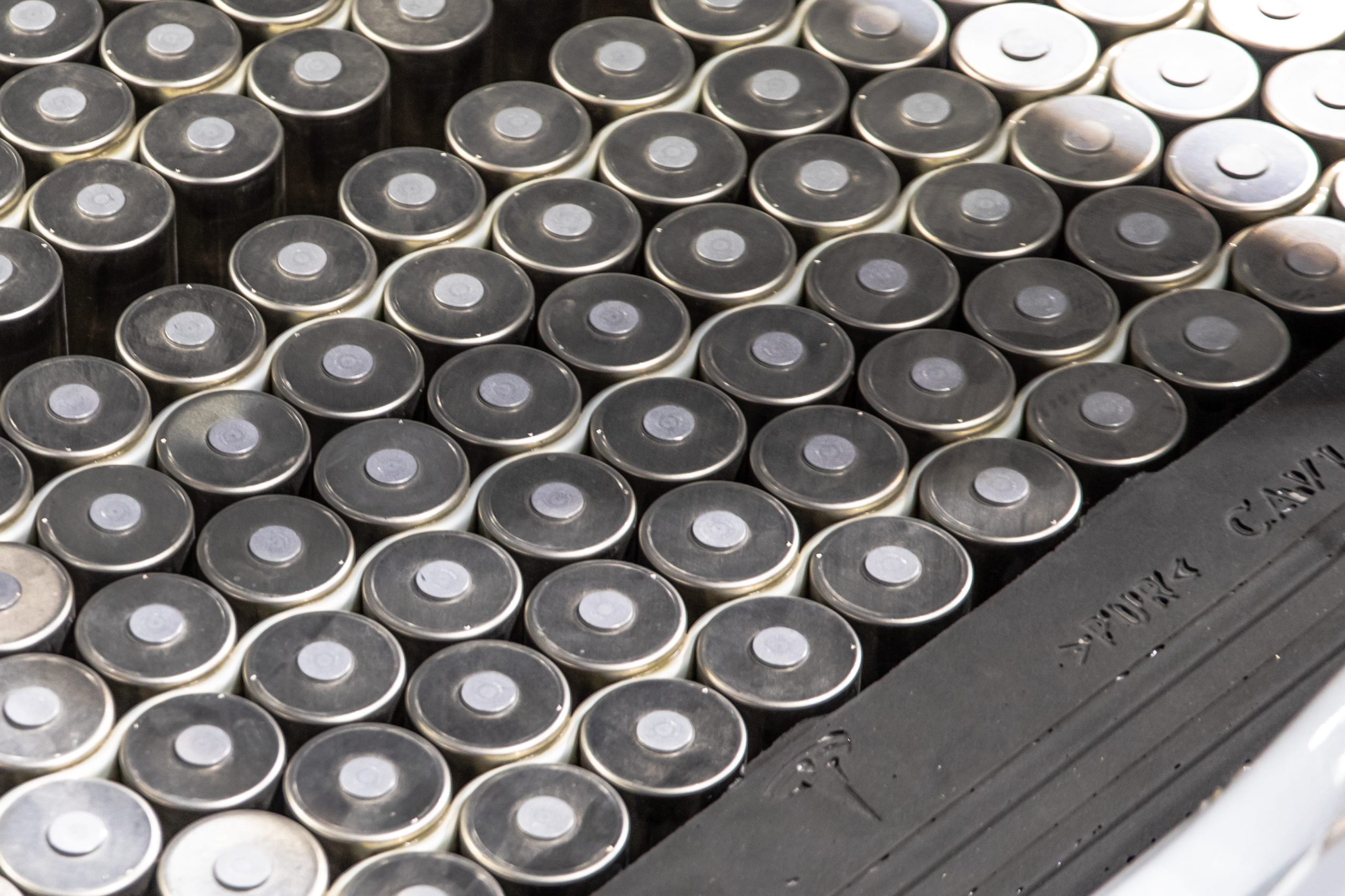
Tesla has confirmed that it is now producing both the anode and cathode of its 4680 battery cells using a dry-electrode process, marking a key breakthrough in a technology the company has been working to industrialize for years.
The update, disclosed in Tesla’s Q4 and FY 2025 update letter, suggests the company has finally resolved one of the most challenging aspects of its next-generation battery cells.
Dry cathode 4680 cells
In its Q4 and FY 2025 update letter, Tesla stated that it is now producing 4680 cells whose anode and cathode were produced during the dry electrode process. The confirmation addresses long-standing questions around whether Tesla could bring its dry cathode process into sustained production.
The disclosure was highlighted on X by Bonne Eggleston, Tesla’s Vice President of 4680 batteries, who wrote that “both electrodes use our dry process.”
Tesla first introduced the dry-electrode concept during its Battery Day presentation in 2020, pitching it as a way to simplify production, reduce factory footprint, lower costs, and improve energy density. While Tesla has been producing 4680 cells for some time, the company had previously relied on more conventional approaches for parts of the process, leading to questions about whether a full dry-electrode process could even be achieved.
4680 packs for Model Y
Tesla also revealed in its Q4 and FY 2025 Update Letter that it has begun producing battery packs for certain Model Y vehicles using its in-house 4680 cells. As per Tesla:
“We have begun to produce battery packs for certain Model Ys with our 4680 cells, unlocking an additional vector of supply to help navigate increasingly complex supply chain challenges caused by trade barriers and tariff risks.”
The timing is notable. With Tesla preparing to wind down Model S and Model X production, the Model Y and Model 3 are expected to account for an even larger share of the company’s vehicle output. Ensuring that the Model Y can be equipped with domestically produced 4680 battery packs gives Tesla greater flexibility to maintain production volumes in the United States, even as global battery supply chains face increasing complexity.
Elon Musk
Tesla Giga Texas to feature massive Optimus V4 production line
This suggests that while the first Optimus line will be set up in the Fremont Factory, the real ramp of Optimus’ production will happen in Giga Texas.
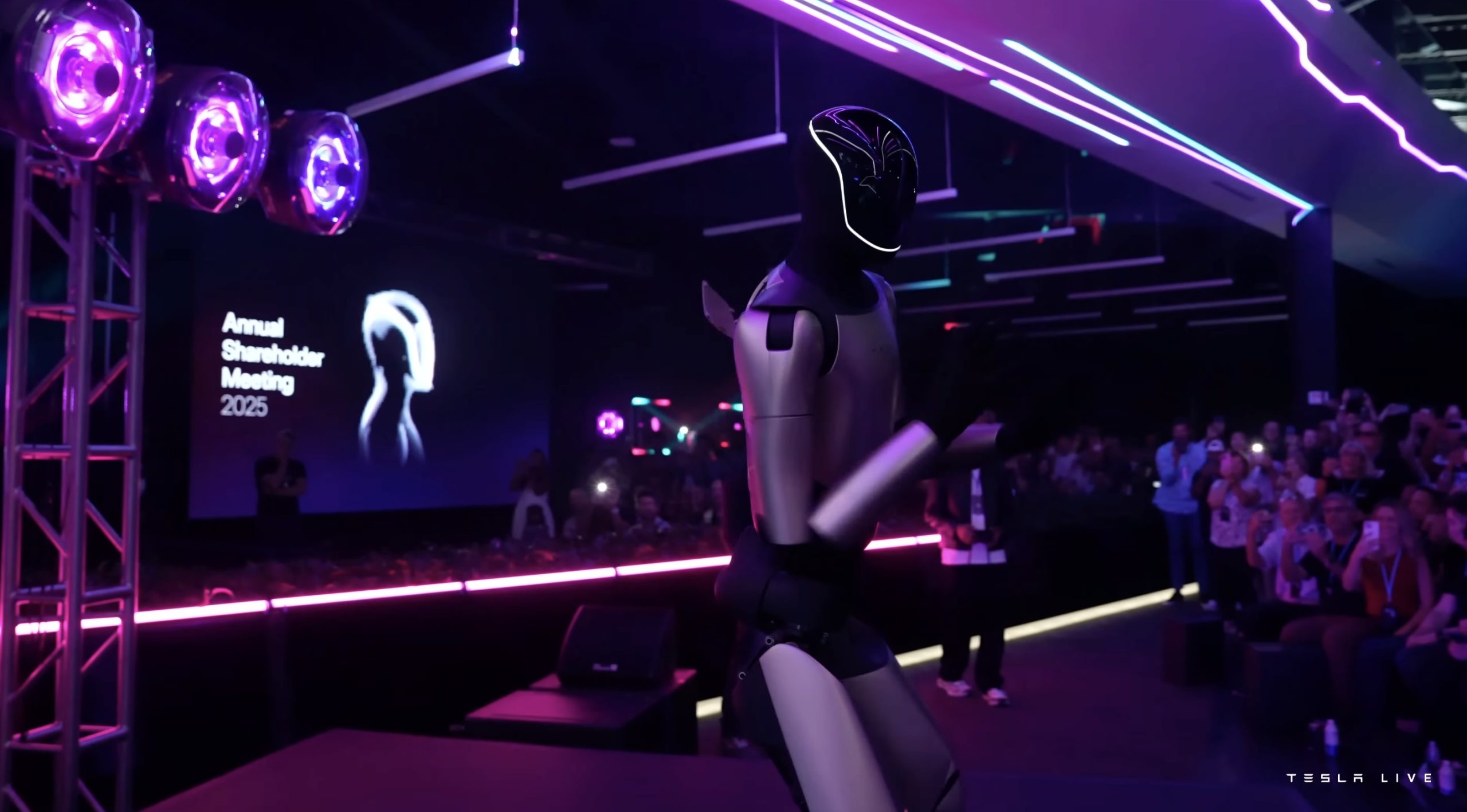
Tesla will build Optimus 4 in Giga Texas, and its production line will be massive. This was, at least, as per recent comments by CEO Elon Musk on social media platform X.
Optimus 4 production
In response to a post on X which expressed surprise that Optimus will be produced in California, Musk stated that “Optimus 4 will be built in Texas at much higher volume.” This suggests that while the first Optimus line will be set up in the Fremont Factory, and while the line itself will be capable of producing 1 million humanoid robots per year, the real ramp of Optimus’ production will happen in Giga Texas.
This was not the first time that Elon Musk shared his plans for Optimus’ production at Gigafactory Texas. During the 2025 Annual Shareholder Meeting, he stated that Giga Texas’ Optimus line will produce 10 million units of the humanoid robot per year. He did not, however, state at the time that Giga Texas would produce Optimus V4.
“So we’re going to launch on the fastest production ramp of any product of any large complex manufactured product ever, starting with building a one-million-unit production line in Fremont. And that’s Line one. And then a ten million unit per year production line here,” Musk stated.
How big Optimus could become
During Tesla’s Q4 and FY 2025 earnings call, Musk offered additional context on the potential of Optimus. While he stated that the ramp of Optimus’ production will be deliberate at first, the humanoid robot itself will have the potential to change the world.
“Optimus really will be a general-purpose robot that can learn by observing human behavior. You can demonstrate a task or verbally describe a task or show it a task. Even show it a video, it will be able to do that task. It’s going to be a very capable robot. I think long-term Optimus will have a very significant impact on the US GDP.
“It will actually move the needle on US GDP significantly. In conclusion, there are still many who doubt our ambitions for creating amazing abundance. We are confident it can be done, and we are making the right moves technologically to ensure that it does. Tesla, Inc. has never been a company to shy away from solving the hardest problems,” Musk stated.
Elon Musk
Rumored SpaceX-xAI merger gets apparent confirmation from Elon Musk
The comment follows reports that the rocket maker is weighing a transaction that could further consolidate Musk’s space and AI ventures.
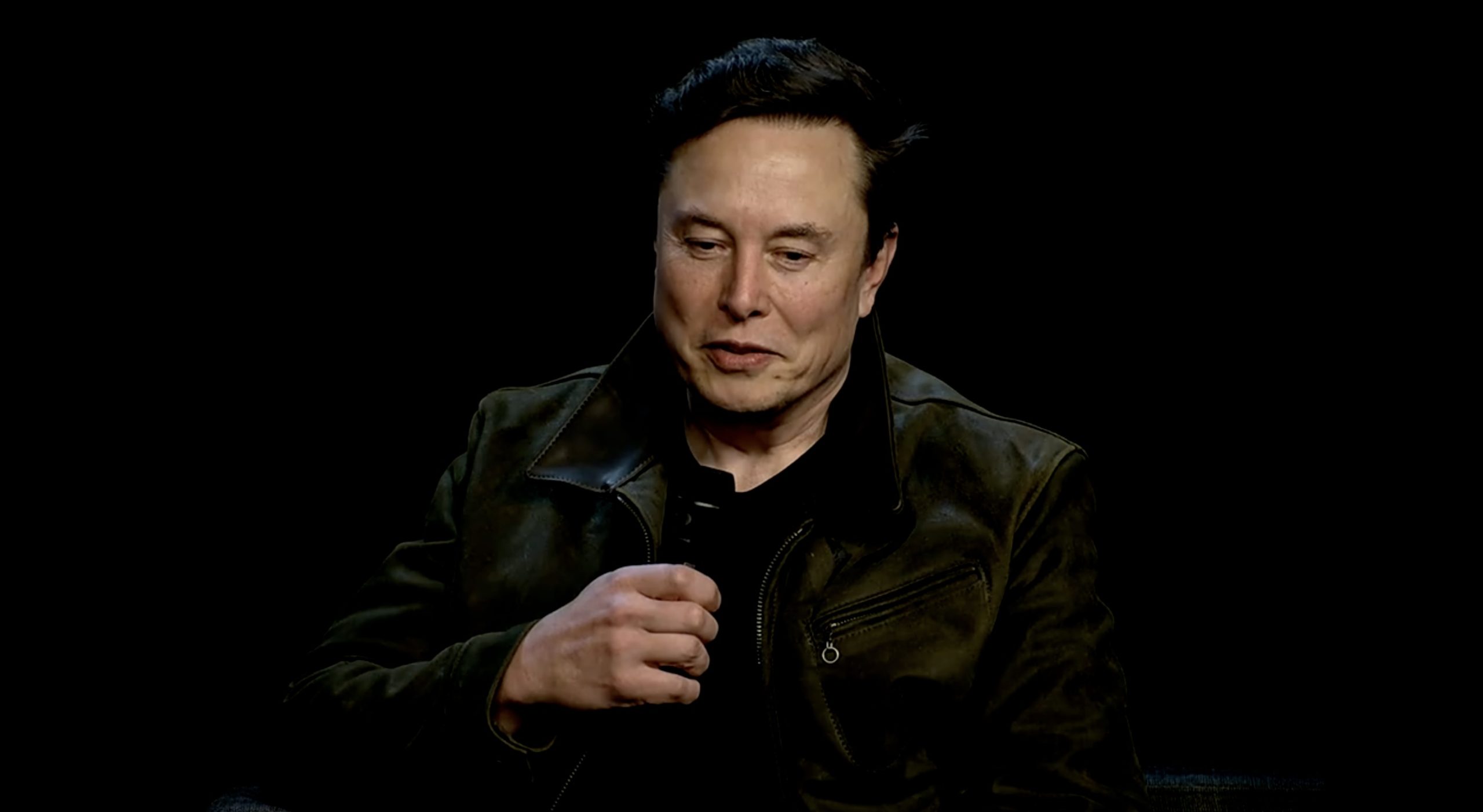
Elon Musk appeared to confirm reports that SpaceX is exploring a potential merger with artificial intelligence startup xAI by responding positively to a post about the reported transaction on X.
Musk’s comment follows reports that the rocket maker is weighing a transaction that could further consolidate his space and AI ventures.
SpaceX xAI merger
As per a recent Reuters report, SpaceX has held discussions about merging with xAI, with the proposed structure potentially involving an exchange of xAI shares for SpaceX stock. The value, structure, and timing of any deal have not been finalized, and no agreement has been signed.
Musk appeared to acknowledge the report in a brief reply on X, responding “Yeah” to a post that described SpaceX as a future “Dyson Swarm company.” The comment references a Dyson Swarm, a sci-fi megastructure concept that consists of a massive network of satellites or structures that orbit a celestial body to harness its energy.
Reuters noted that two entities were formed in Nevada on January 21 to facilitate a potential transaction for the possible SpaceX-xAI merger. The discussions remain ongoing, and a transaction is not yet guaranteed, however.
AI and space infrastructure
A potential merger with xAI would align with Musk’s stated strategy of integrating artificial intelligence development with space-based systems. Musk has previously said that space-based infrastructure could support large-scale computing by leveraging continuous solar energy, an approach he has framed as economically scalable over time.
xAI already has operational ties to Musk’s other companies. The startup develops Grok, a large language model that holds a U.S. Department of Defense contract valued at up to $200 million. AI also plays a central role in SpaceX’s Starlink and Starshield satellite programs, which rely on automation and machine learning for network management and national security applications.
Musk has previously consolidated his businesses through share-based transactions, including Tesla’s acquisition of SolarCity in 2016 and xAI’s acquisition of X last year. Bloomberg has also claimed that Musk is considering a merger between SpaceX and Tesla in the future.








